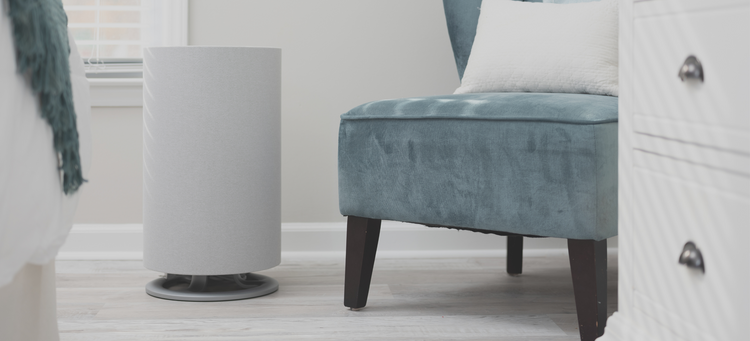The Link Between Allergies and Asthma
When thinking about climate change most think of the extreme weather resulting in tragic events like wildfires and floods, but air pollution is another negative factor. As the temperature continues to rise, the risk of allergic reactions also rises. If you have allergic asthma, then the longer pollen and allergy season brought on by climate change could be your frustrating link between allergies and asthma.
Currently, 26 million people across America suffer from asthma, and a 2013 study showed that nearly two-thirds of these people also have allergies.
As most of have already experienced worsening spring allergies, you know how tough it can be, even if you don’t have a complication such as asthma.
Doctors have known that allergies and asthma often occur together in children and that people with allergies are particularly susceptible to asthma. This study finally shows how prevalent allergies are in asthmatic adults. Specifically, 75 percent of 20-40 year olds and 65 percent of those aged 55 and older have allergies on top of their asthma.
Another reason for the rise in cases may be better education and awareness leading to more diagnoses. In fact, while the reported rate of asthma in adults is around 3-7%, it might actually be much higher, since many older adults with respiratory diseases may have never been officially diagnosed. Also, some adults may think that they have outgrown childhood asthma only to have a surprise attack later in life.
Asthma can be triggered in various ways in different people, from exercise to cold air to stress. For some people, there may be specific allergy triggers (such as pollen, pet dander, and dust) that also stir up asthma, causing shortness of breath, tightness in the chest, and wheezing.
How to Treat Your Asthma and Allergies
While most treatments target either asthma or allergies, there are a few that can help with both if the reactions and symptoms are linked. Allergy shots may able to keep both symptoms under control. If you don’t like shots, try oral drops instead. A review study found that oral drops work just as well as shots when it comes to reducing symptoms in children such as coughing, wheezing, sneezing, itchy eyes, and runny noses.
Consult your health care professional before starting any allergy shots, oral drops, or antihistamines.
A natural way to mitigate asthma and allergy symptoms is to run an air purifier for allergies indoors. An air purifier, like Oransi's mod+ or mod jr., will help to clear your indoor air of irritating allergens like pollen, pet dander, and dust mites that aggravate allergy and allergic asthma symptoms.
For asthma sufferers, we suggest this list of the best air purifiers for asthma.







